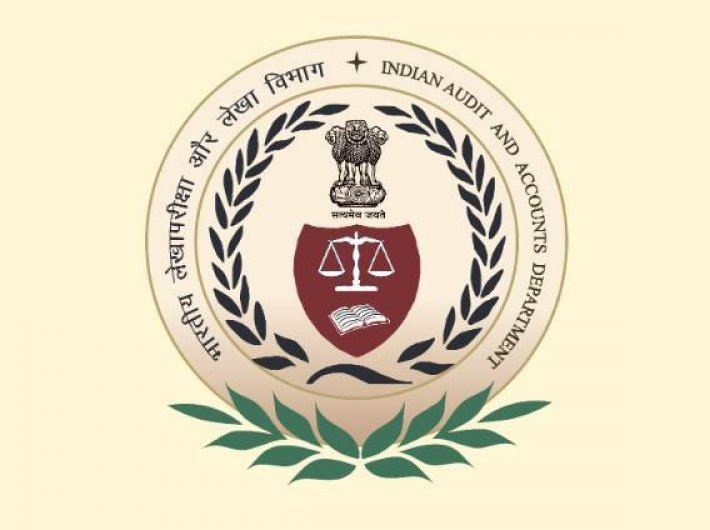CAG said that the possibility that unsafe/declared unsafe food articles continued to be manufactured and sold is not ruled out
There is a possibility that all this while you may have been consuming substandard food as the Comptroller and Auditor General (CAG) has detected lapses in enforcing food safety.
“Even after more than a decade of the enactment of the (Prevention of Food Adulteration) Act, the ministry of health and family welfare and Food Authority are yet to frame regulations governing various procedures, guidelines and mechanisms enunciated in different sections of the Act,” said the CAG in its report that was made public on December 19.
The performance audit of implementation of food safety and standards Act, 2006 said that the food authority “failed to devise action plans to identify areas on which standards are to be formulated/revised within specified time frames and the manner of selection of food products for formulation of standards”.
Food Safety and Standards Authority of India (FSSAI) has, for some food categories, entrusted the task of suggesting revision of standards to representatives of the food business operators (FBO), whose opinions cannot be considered unbiased.
“FSSAI notified regulations and standards without considering the comments of stakeholders. Primarily because of the absence of policy guidelines and standard operating procedures (SOP), Food Authority took between one year and three years to notify amendments,” it said.
CAG added: “Possibility that unsafe/declared unsafe food articles continued to be manufactured and sold is not ruled out due to failure of the Authority to monitor and cancel licenses issued under the product approval system declared unlawful by the Supreme Court.”
The report went on to say that FSSAI continues to issue directions without following the procedure of previous approval of the central government, previous publication and notification, the placing of such regulations and rules before Parliament, despite the Supreme Court declaring such procedure as mandatory.
Audit noticed many instances where FSSAI issued directions and notified regulations without the requisite approval of food authority and the ministry.
Despite recommendation of the Central Advisory Committee (CAC) that at least 75 percent of the food license fee collections should be used for Information, Education and Communication (IEC) activities, most states had not allocated any budgets for these activities.
There is more.
FSSAI and state food safety authorities did not conduct survey for enforcement and administration of the Act and of the FBOs under their jurisdiction, though required to do so under the Act.
Licenses were issued on the basis of incomplete documents in more than 50 per cent of cases test checked in Audit.
Neither FSSAI nor the state food authorities have documented policies and procedures on risk based inspections, and the FSSAI does not have any database on food business. FSSAI has failed to ensure that the Customs authorities follow up the Non-Conformance Reports issued by the FSSAI, and take appropriate action to ensure that unsafe foods do not enter the country, said the CAG report.
Read the
complete report of the Comptroller and Auditor General of India on Performance Audit of Implementation of Food Safety and Standards Act, 2006
